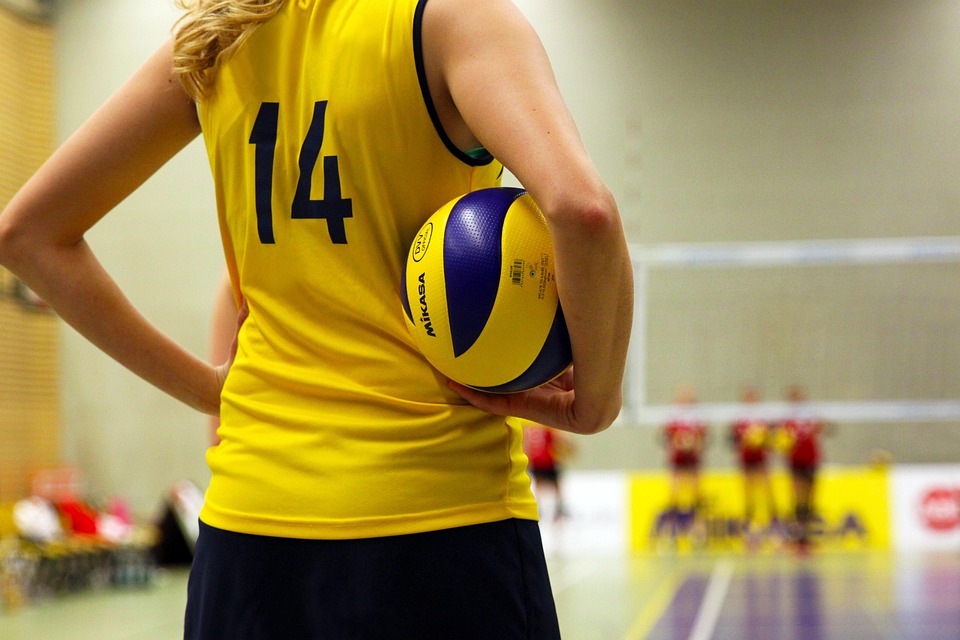The Science of Focus: Strategies for Enhancing Concentration in Athletes
In the realm of sports, physical prowess is only part of the equation for success. Equally essential is the mental fortitude that allows athletes to maintain concentration under pressure. The science of focus encompasses neurological, psychological, and physiological aspects, providing techniques to hone this crucial skill. Here, we delve into the mechanisms behind focus and effective strategies athletes can employ to enhance their concentration.
Understanding Focus: The Neurological Perspective
1. The Brain’s Role in Focus
At the core of focus lies the brain’s ability to filter distractions and channel energy toward a specific task. Key areas involved include:
-
The Prefrontal Cortex: Responsible for decision-making, impulse control, and attention, this area becomes particularly engaged during tasks requiring sustained focus.
-
The Anterior Cingulate Cortex: Plays a role in error detection, ensuring that athletes can remain attentive and adjust their actions as necessary.
- The Basal Ganglia: Important for motor control and the regulation of attention, it ensures that repeated actions—such as a basketball free throw or a golf swing—are executed fluidly.
2. Neurotransmitters and Focus
Chemical messengers in the brain, including dopamine and norepinephrine, significantly influence concentration. Dopamine promotes motivation and reward-seeking behavior, while norepinephrine heightens alertness and readiness. Understanding how to optimize these neurotransmitters can give athletes an edge in performance.
Psychological Strategies for Enhancing Concentration
1. Goal Setting
Setting clear, achievable objectives is fundamental for maintaining focus. Athletes should break down larger goals into smaller, manageable milestones. This not only provides clarity but also keeps motivation high, enabling sustained concentration during training and competition. A technique often employed is the SMART criteria—setting goals that are Specific, Measurable, Achievable, Relevant, and Time-bound.
2. Mindfulness and Meditation
Mindfulness practices, including meditation and deep breathing exercises, can significantly enhance focus. Research suggests that regular mindfulness training increases gray matter in areas of the brain related to memory, self-awareness, and emotional regulation. Techniques such as:
-
Breath Awareness: Focusing on one’s breath can serve as an anchor during nerve-wracking moments, helping athletes refocus.
- Body Scans: A practice where athletes mentally check in with different body parts can release tension and clear mental clutter.
3. Visualization Techniques
Visualization, or mental imagery, involves forming mental pictures of success and optimal performance. This strategy can sharpen focus by mentally rehearsing scenarios, enabling athletes to visualize overcoming distractions and executing skills flawlessly. Athletes like Michael Phelps have famously used visualization to enhance their competitive edge. Studies have shown that visualization can activate similar neural pathways as actual physical practice, making it a powerful tool in an athlete’s focus arsenal.
Physiological Strategies for Boosting Concentration
1. Sleep and Recovery
Cognitive function, including focus, is heavily influenced by sleep quality. Athletes should prioritize sufficient sleep to enhance brain function, mood, and recovery. Sleep enhances memory consolidation and the body’s physical recovery, further supporting concentration during training and competitions. Research suggests that athletes who get quality sleep exhibit improved reaction times and cognitive complexity, both essential for sporting success.
2. Nutrition and Hydration
Proper nutrition lays the foundation for optimal brain function. Foods rich in omega-3 fatty acids (like fish), antioxidants (like berries), and complex carbohydrates (like whole grains) support cognitive health. Hydration is equally crucial; even mild dehydration can impair focus and cognitive performance. Athletes should aim for a balanced diet and consider working with a sports nutritionist to establish personalized dietary plans that support their training and competition needs.
3. Exercise and Physical Conditioning
Regular physical activity not only strengthens the body but also enhances mental acuity. Exercise releases endorphins and improves blood flow to the brain, promoting sharpened focus. Activities like yoga and Pilates can also integrate physical conditioning with mental discipline. Research in the Journal of Evidence-Based Complementary & Alternative Medicine indicates that yoga can improve cognitive function and focus.
Practical Application: Developing a Focus Routine
To harness the techniques discussed, athletes can develop a personalized focus routine that combines elements from each strategy. This might look like:
-
Morning Routine: Begin the day with a mindful breathing exercise followed by a mental visualization of daily goals. Incorporating a short session of gratitude can also be beneficial, as it helps to foster a positive mental state.
-
Nutrition: Plan meals rich in brain-boosting nutrients and ensure proper hydration throughout the day. Eating small, frequent meals instead of large ones can help maintain steady energy levels and focus.
-
Pre-Competition Ritual: Engage in a structured warm-up that includes light physical activity and focused breathing techniques to center the mind before performance. This can help to create a consistent routine that signals to the mind that it’s time to focus.
- Post-Performance Reflection: Reflect on what strategies worked, what distractions were present, and how focus could be improved for future events. Journaling can be an effective way to capture these reflections and monitor progress over time.
Conclusion
The interplay of physical and mental preparation is vital in sports. Understanding the science of focus equips athletes with the tools necessary to enhance their concentration, ultimately facilitating peak performance. By blending psychological techniques with physiological strategies, athletes can create a robust foundation for sustained focus, enabling them to excel both in training and competition.
As the old saying goes, "it’s not just the physical game; it’s the mental game that wins championships." With the right focus strategies, athletes can maximize their potential, tap into their skills, and perform at their very best, regardless of the pressures they face. The journey to becoming a more focused athlete is a continuous one, demanding dedication and resilience, but the rewards—improved performance and success—are well worth the effort.


























Add Comment